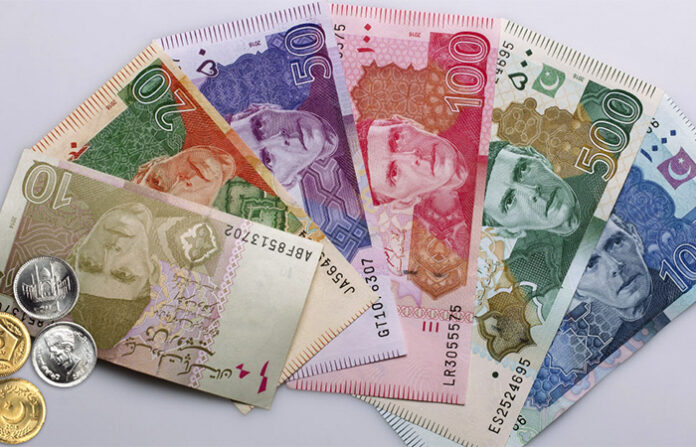Pakistan was ranked 8th in the list of sustainable growth of Islamic institutions in the country’s financial sector and economy in the Global Islamic Economic Indicator.
A study on the State of the Global Islamic Economy, launched at the Karachi Center for Excellence in Islamic Finance (CEIF) Institute of Business Administration (IBA) with the theme ‘Thriving in confusion,’ revealed this.
In collaboration with the Halal Development Council (HDC) Pakistan and in partnership with Dinar Standard, a research and advisory company based in the US, IBA held the launch event. This is the first time in Pakistan that this global report has been launched.
The report this year estimates that Muslims worldwide invested US$2.02 trillion in 2019 on halal food, pharmaceuticals, cosmetics, modest fashion, travel, and media sectors related to lifestyle. The report shows that while this spending represents 3.2 percent growth year-on-year, due to the pandemic, Muslim spending in 2020 is expected to contract by 8 percent.
Spending, except travel, however, is estimated to recover by the end of 2021 and is anticipated to hit US$2.3 trillion by 2024, at a 3.1 percent cumulative annual growth rate (CAGR). It is assumed that Islamic finance assets will hit US$2.88 trillion in 2019 and remain at the same amount in 2020. In 2019, Pakistan’s domestic Muslim consumer spending on halal-related sectors was estimated at $120 billion, the 6th highest worldwide.
The SGIE report also highlights the developments in the social impact of Islamic economies in addressing the Sustainable Development goals, including programmes under the COVID-19 pandemic to address the exacerbated hunger and food security crisis. Malaysia leads the Global Islamic Economy Indicator ranking in the survey, while Pakistan is ranked eighth out of 81 countries.
Dr. Ishrat Hussain stressed that 80% of the halal market belongs to non-OIC countries and delved into the reasons why Pakistan is lagging behind in the halal market. He clarified that in this $2 trillion industry, Pakistan and other Muslim countries could be the key players.
Dr. Zaidi spoke of the role of the IBA Centre of Excellence in Islamic Finance in promoting the halal economy and offering training to business practitioners, scholars of the Sharia and members of the financial institutions’ board of directors.


